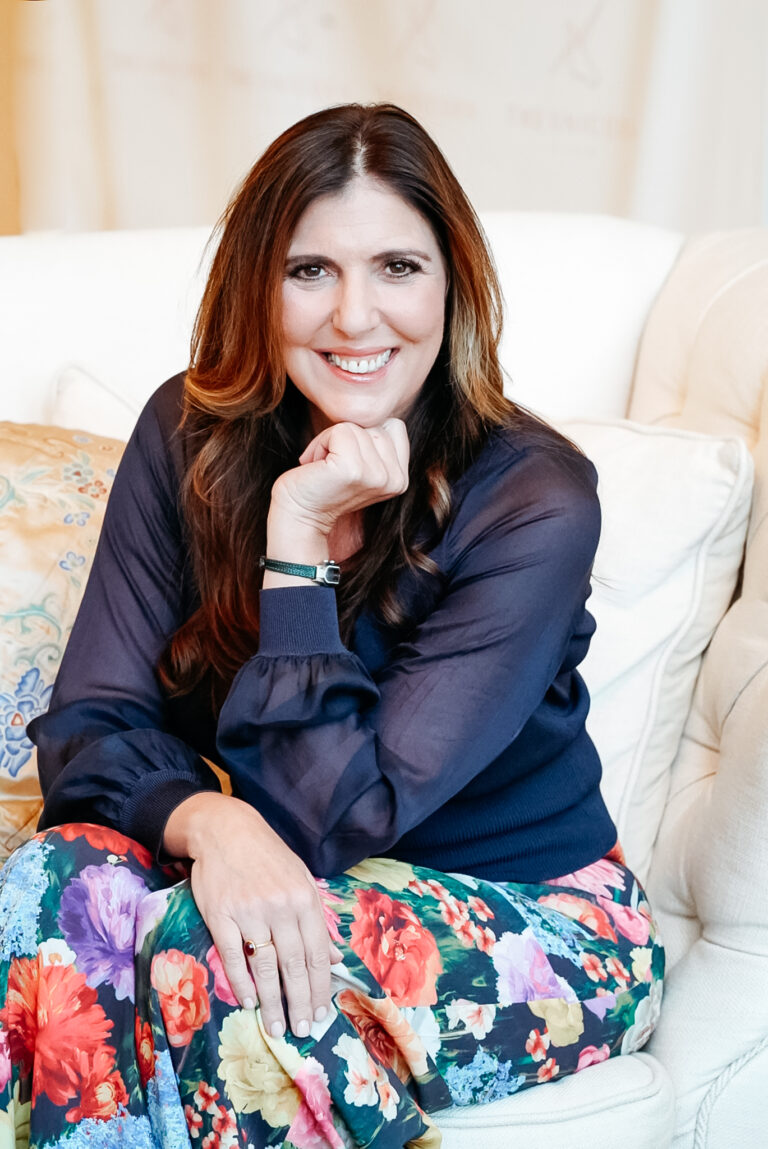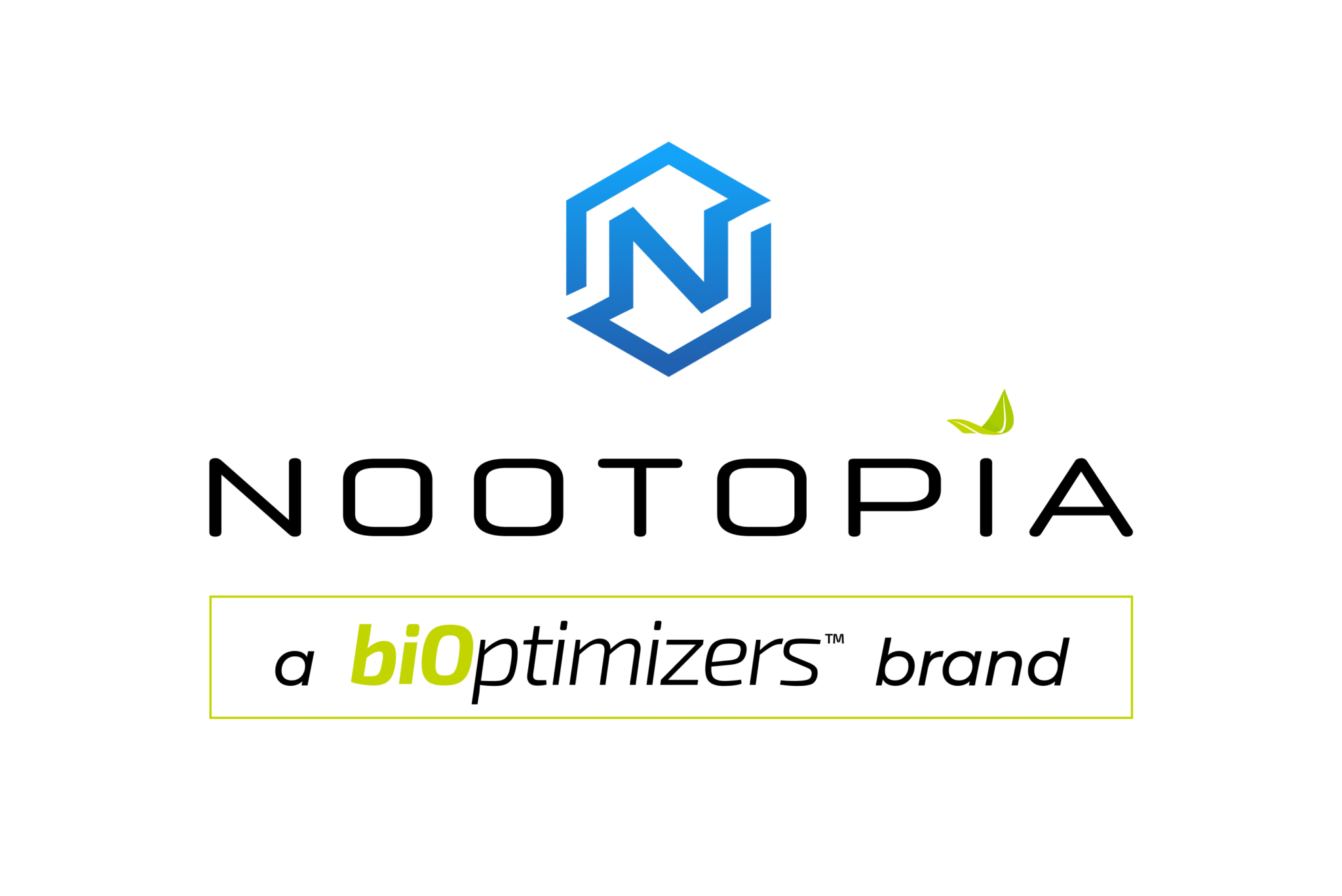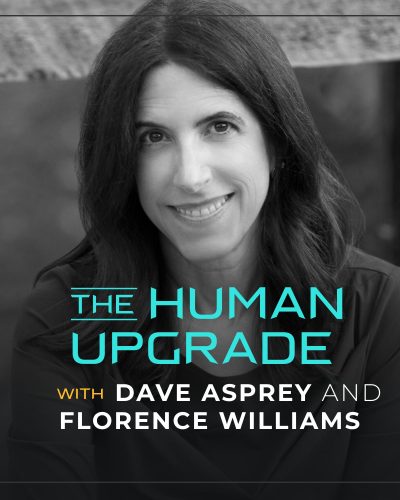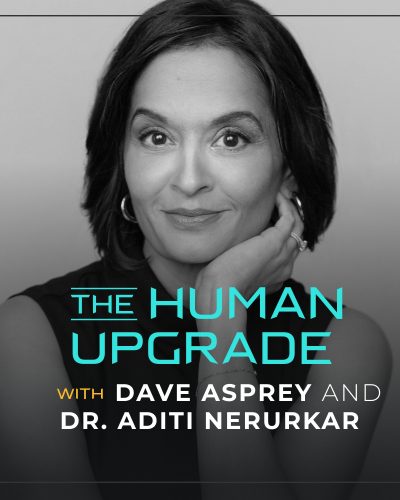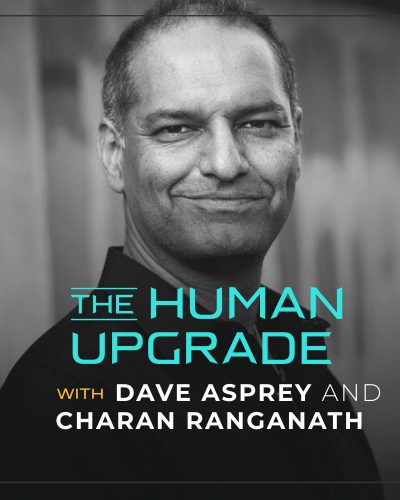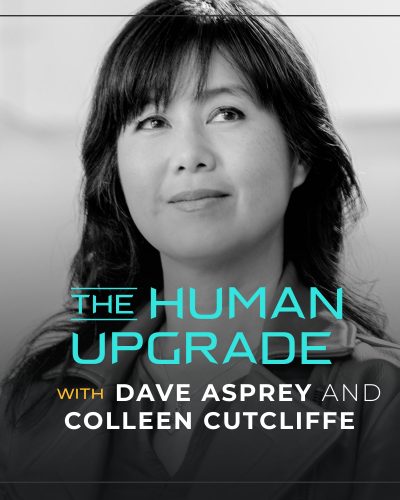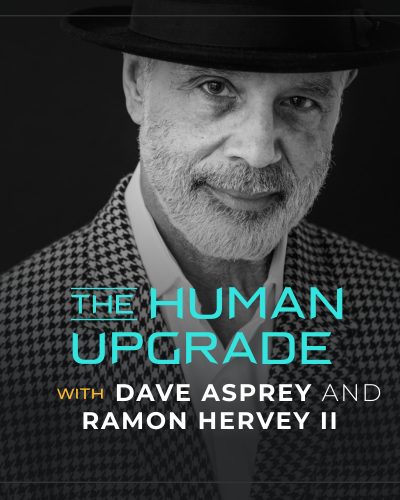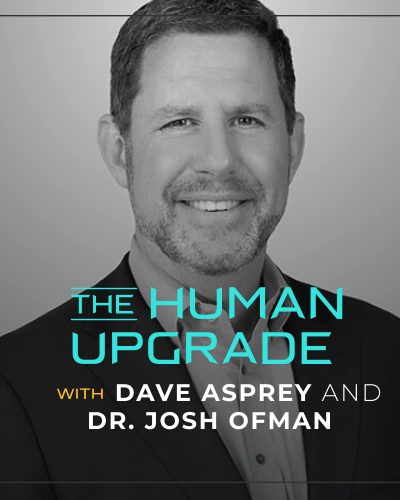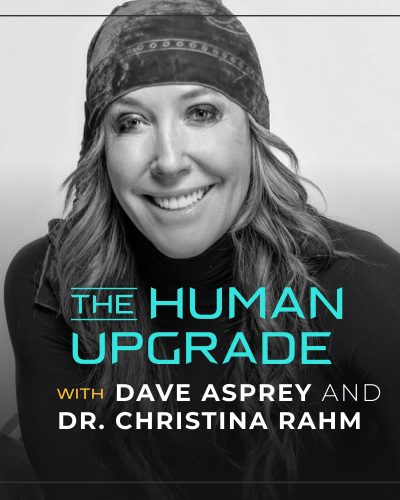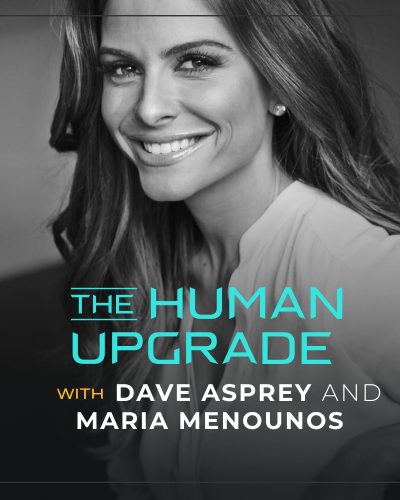EPISODE #975
Female Hormones: What Disrupts, Detoxes & Balances Them
Anna Cabeca, D.O.
Bring your hormones into harmony by using food as medicine, keeping the gut healthy, managing stress, avoiding toxins, and finding the right bioidentical replacements.
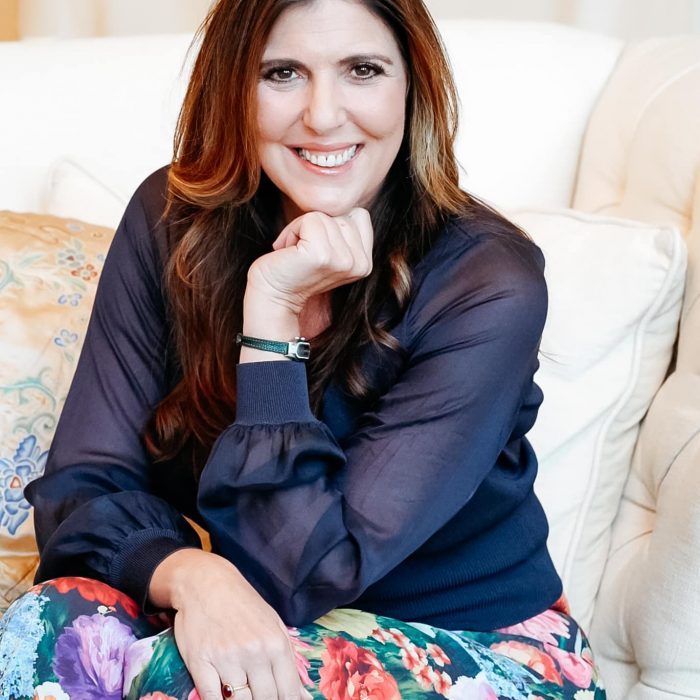
In this Episode of The Human Upgrade™...
… you’ll learn about female hormones: what they are, what they do and what disrupts them. You’ll learn about the hormonal shifts that happen at different ages and life stages and get tips on how to balance hormones and make them work for you, not against you.
This conversation features Anna Cabeca, D.O., one of the 8th Annual Biohacking Conference keynote speakers. She’ll be on the main stage in Beverly Hills in September. Dr. Anna is a Doctor of Osteopathy who’s triple-board certified in gynecology and obstetrics, integrative medicine, and anti-aging and regenerative medicine. She has additional certifications in functional medicine, sexual health, and bioidentical hormone replacement therapy.
She joins this special preview episode to talk about female hormones. It’s her particular area of expertise and one of The Human Upgrade’s all-time Top 10 podcast topics. Today’s hormone discussion includes:
- How hormone disruptors go beyond stress to mold, and product and environmental toxins
- How estrogen levels change over time
- What’s going on with progesterone, pregnenolone and DHEA, too
- What happens to hormones during perimenopause and menopause
- What’s causing brain fog
- What to know about bioidentical hormones
- How detoxing affects hormones
- How to keep your vaginal microbiome balanced
- How “food as medicine” helps balance hormones
- How hormones influence longevity
- And much more!
“When I'm working with a woman for hormone replacement therapy and working on her hormones, I want to detox her body and open up her receptor sites and empower her body to produce more of her natural hormones first or as part of the process.”
Anna Cabeca, D.O.
Dr. Anna explains a hierarchy of hormones: 1) oxytocin, 2) insulin, 3) cortisol, and 4) reproductive hormones. “We have to think about it in that way,” she say. “So, to get well quickly, we work on oxytocin as much as possible, the most alkalinizing hormone in our body. We reduce cortisol, the most catabolic and acidifying hormone in our body, and we create insulin sensitivity, and that is where ketosis is really critically important because as we get into ketosis, we become more insulin sensitive.”
For the past 20 years, Dr. Anna’s educated and helped women with their hormones through her private practice, books, online videos and articles. Learn more about her work with women’s hormone health:
Enjoy the show!
LISTEN: “Follow” or “subscribe” to The Human Upgrade™ with Dave Asprey on your favorite podcast platform.
REVIEW: Go to Apple Podcasts at daveasprey.com/apple and leave a (hopefully) 5-star rating and a creative review.
FEEDBACK: Got a comment, idea or question for the podcast? Submit via this form!
SOCIAL: Follow @thehumanupgradepodcast on Instagram and Facebook.
JOIN: Learn directly from Dave Asprey alongside others in a membership group: ourupgradecollective.com.
Customized Nootropics for Your Own Neurochemistry: https://nootopia.com/dave, use code DAVE10 to get 10% off
Website: drannacabeca.com
Books:
- “MenuPause: Five Unique Eating Plans to Break Through Your Weight Loss Plateau and Improve Mood, Sleep, and Hot Flashes”
- “The Hormone Fix: Burn Fat Naturally, Boost Energy, and Stop Hot Flashes the Keto-Green™️ Way”
- “Keto-Green™️ 16”
Instagram: www.instagram.com/thegirlfrienddoctor/
Twitter: twitter.com/annacabeca
Facebook: www.facebook.com/thegirlfrienddoctor
YouTube: www.youtube.com/thegirlfrienddoctor
Pinterest: www.pinterest.com/thegirlfrienddoctor/
Podcast/Show: The Girlfriend Doctor with Dr. Anna Cabeca
- You’re an OB-GYN and a bunch of other stuff. So what drew you to those specialties to make you go so deep on all these things? – 3:02
What’s disrupting hormones in the women that you see in your practice. – 7:07
- I started working with clients and improving detoxification and testing for toxins. What about heavy metals? What about mold toxins? What about endocrine disruptors in the environment, – 11:35
- We know now we want to use organic tampons. We want to use a cervical cup if possible or we don’t want to bleach and use chemicals on our underwear or anything that’s going into or onto our vaginal areas. – 16:31
- Oral estrogens, really over 50, definitely over 55 or if there’s any signs of heart disease and diabetes, are not a good idea because we know that increases inflammation. – 23:31
- Women in their 30s you’re saying should maybe consider taking progesterone because that’s when it starts to decline.- 29:02
- DHEA, which is one of two primary precursors, but pregnenolone is the other one. Why does pregnenolone get no love? – 34:42
- Getting into ketosis and adding in the alkalinizing factor, it was like the fog lifted. I had my memory back, my visual memory back, my auditory memory back. I mean, it was profound. – 37:42
- In general, with MenuPause, you don’t want to do the same thing all the time. You’ve got to change things up and, again, empower your body to stay in balance. – 44:01
- For women, 150 to 250 is great to have your DHEAS level. So empowering your body to make enough DHEAS is really powerful. – 47:20
- So at the end of a six day pause, what do you do? – 52:06
